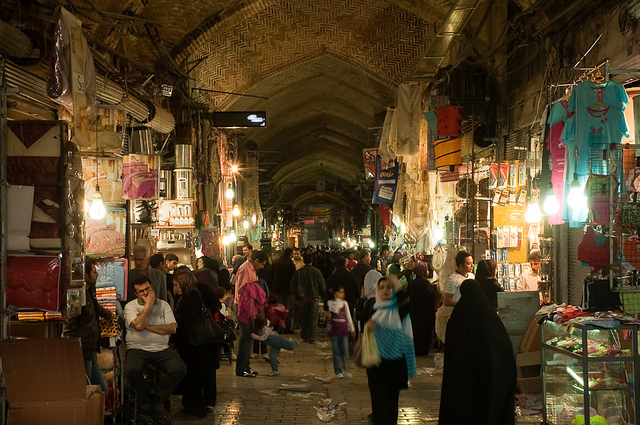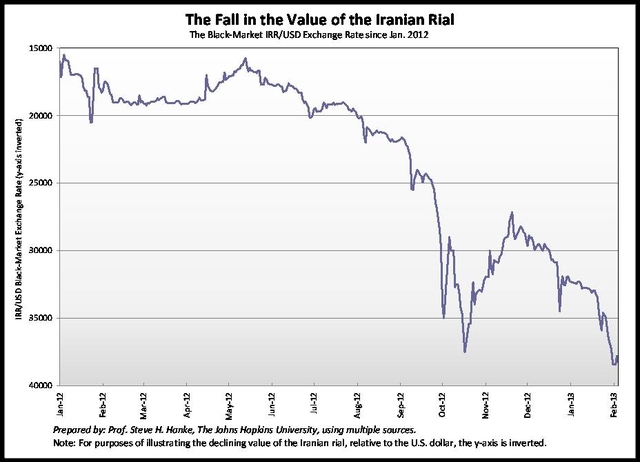Shadi Hamid, of the Brookings Institution, thinks “we have overlearned the lessons” of Iraq and unfairly let it inform decisions about whether to intervene militarily in Syria:
The memory of the Iraq War obviously looms large. The war, itself, was one of the greatest strategic blunders in the recent history of American foreign policy. But its legacy is proving just as damaging, leading to a series of mistakes that we are likely to regret in due time. There would have been much more willingness to intervene in Syria if we hadn’t intervened in Iraq.
…As [Steven] Cook pointed out in another piece, fundamental questions of morality and philosophy are what, in part, separate proponents and opponents of intervention. “Is it a morally superior position,” Cook asks, “to sit by as people are being killed rather than take action that will kill people, but nevertheless may end up saving lives as well?” The question here, then, isn’t whether it will work, but will it be worth it?
No, the question is still whether it will work. At least that’s one question. As for Cook, his query is formulated all wrong. While it’s no fun to sit by while other people are being killed, Americans are primarily responsible for their own actions, not the actions of others. Furthermore, Cook’s moral plea rests completely on that final phrase: “may end up saving lives as well.” That’s not a very sturdy precept on which to wage war, and it presumes the US government actually cares about people being slaughtered rather than about furthering its own interests in the Middle East.
The more relevant moral and philosophical question that Hamid and Cook ought to be asking is, given the US government’s history of supporting outright slaughter in the hundreds of thousands by the worst kind of dictatorships, how can it be the proper instrument to remedy the situation in Syria?
Hamid ridicules those opponents of intervention who have asked pragmatic questions – “Today, it is fashionable to play technocrat and ask ‘what works?'” – but these are the most important questions. To not ask them, or to leave them unanswered, is to suggest the US march obliviously back into another disastrous war in the Middle East.
So what are the options for military intervention in Syria? A no-fly zone would require American airpower to disable Syria’s, but the Assad regime’s “anti-aircraft capabilities are located in or near urban areas, which means that significant civilian casualties could result from any attempt to eliminate them,” explained Marc Lynch of George Washington University in testimony before a House Foreign Affairs subcommittee back in April.
How about a so-called safe-zone? “Creating and protecting a safe area in Syria would…require a significant and lengthy investment of troops and resources, and would not likely hasten Assad’s collapse,” Lynch added.







 The solution, they found, was extraordinary rendition, a program where individuals were sent to other countries with unscrupulous governments so they could do the dirty work of tormenting detainees and depriving them of due process.
The solution, they found, was extraordinary rendition, a program where individuals were sent to other countries with unscrupulous governments so they could do the dirty work of tormenting detainees and depriving them of due process. As Israeli Prime Minister Benjamin Netanyahu
As Israeli Prime Minister Benjamin Netanyahu